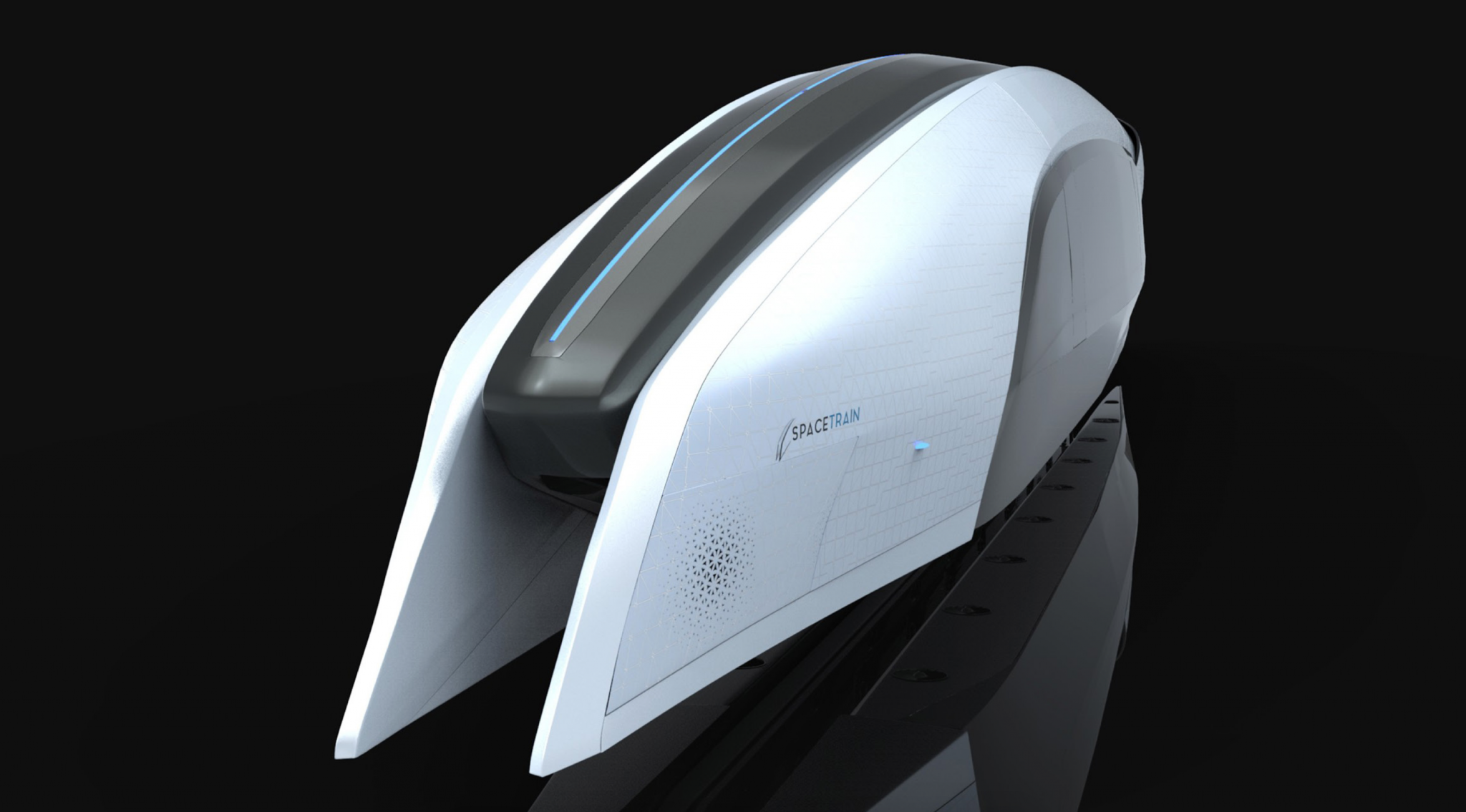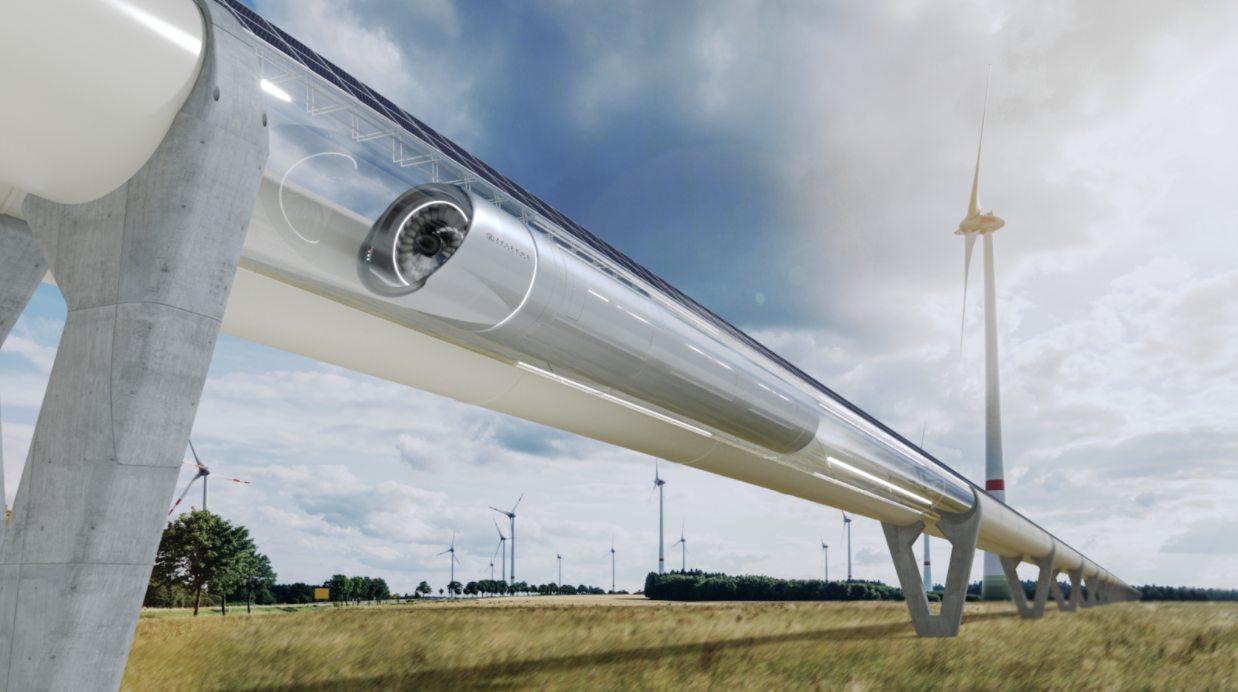The many setbacks of hyperloop companies in recent months haven’t scared away European hyperloop startups, which can now test their prototypes at the European Hyperloop Center — a new facility opening in the Netherlands today.
The EHD is a 420-metre hyperloop test tunnel in Groningen, created to help companies advance towards the commercialisation of their hyperloop designs, which consist of ultra-fast transport capsules that would run on magnetic levitation inside a network of underground tunnels.
The Dutch government, the European Commission and the province of Groningen have cofounded the centre. Hardt Hyperloop plans to start testing prototypes in the coming weeks, after announcing today that it had completed building the infrastructure.
European startups and research organisations such as Zeleros, based in the Spanish city of Valencia; Nevomo, a Polish company headquartered in Warsaw, and the Swiss non-profit EuroTube, are among those expected to use the facility.
“This marks a pivotal moment in hyperloop development,” says Sascha Lamme, EHC director. “It is great that this state-of-the-art facility in the province of Groningen has been brought to life with the support of all our partners, and we can’t wait for the first tests to happen.”
Marinus van der Meijs, cofounder and technology and engineering director at Hardt Hyperloop, says the EHC will allow companies to demonstrate essential technologies needed for hyperloop trains to work, such as magnetic levitation, propulsion, stabilisation and lane-switching at speeds up to 100 km/h.
Hyperloop struggles
The announcement is encouraging news for a sector, inspired by Elon Musk’s dream of travel at near-supersonic speeds, that has struggled with negative headlines in recent months.
Hyperloop One, once a high-profile US startup that raised more than $450m since its launch in 2014 from investors including the billionaire founder of Virgin, Richard Branson, shut down last year despite having built some prototypes in the Nevada desert.
Last December, Zeleros, a spinoff of the Polytechnic University of Valencia that raised $15.6m since its launch in 2016, including from the European Innovation Council, had to let 26 people go — half of its staff and mostly engineers — to address liquidity problems. The company is now focused on developing pilot projects in a bid to accelerate its market access and wants to integrate its technology in the port of Valencia.
The EU is still keen on funding the idea, which could take a renewed impetus after China Aerospace Science and Industry Corporation (CASIC) announced earlier this year that its hyperloop train prototype achieved 622 km/h in a test run under non-vacuum conditions, and even faster in a low-vacuum tube.


